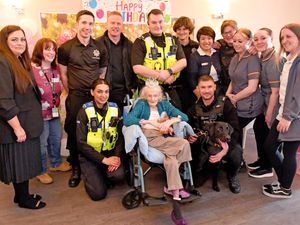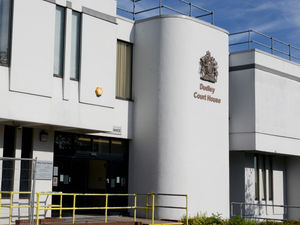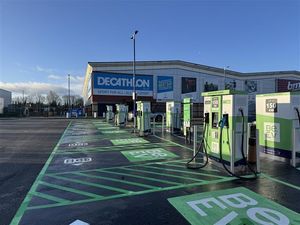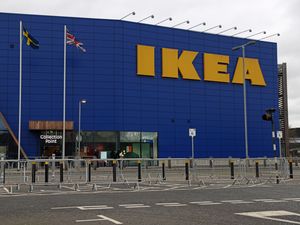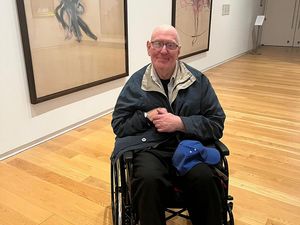Forgotten war heroes honoured at last
Relatives of two First World War servicemen who have had their names added to a Black Country memorial have shared their stories. David Lumb reports.
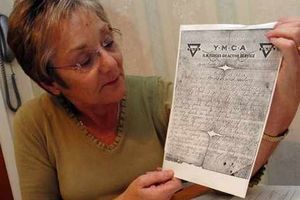
Relatives of two First World War servicemen who have had their names added to a Black Country memorial have shared their stories. David Lumb reports.
The death of Alfred Samuel in the chaos of the First World War has always remained something of a mystery.
Patricia Dainty believes her uncle Alfred died in a bomb blast, because his body was never found.
The private, who was just 18, was in Belgium with the York and Lancaster regiment.
They had advanced in early April 1918, setting up a line in Oultersteene. But the Germans attacked with superior numbers on the night of April 11 and the British suffered heavy losses.
"They were trying to hold the line and as they ran over the top they were massacred," said Mrs Dainty, a retired mother of two, of Arlington Close, Kingswinford.
"He may have been shot but, because his body was never found, they presumed it was a bomb.
"It must have been terrible. I can't imagine being in those trenches and getting the order to go over the top."
It's some comfort that Alfred's name is included on a new Wednesbury War Memorial which was completed earlier this month after five years of campaigning.
Of the 1,060 names inscribed, 385 are forgotten heroes uncovered during five years of research by the Wednesbury War Memorial Group.
"I was really pleased to hear about the memorial," said Mrs Dainty. "Although I did not know my uncle, I still regard this as an important part of my family history."
Norman Challinor's uncle William Challinor, who is also named on the memorial, died fighting just two months before the end of the war near Albert in France in September 1918.
Mr Challinor, aged 78, of Lucknow Road, Willenhall, said his uncle would have been pleased with the memorial. He added: "I think he would have appreciated the recognition of the service those men gave."
The £30,000 memorial in Walsall Street was funded with £15,000 of collections from fundraisers, and Sandwell Council stepped in to foot the rest of the bill.

